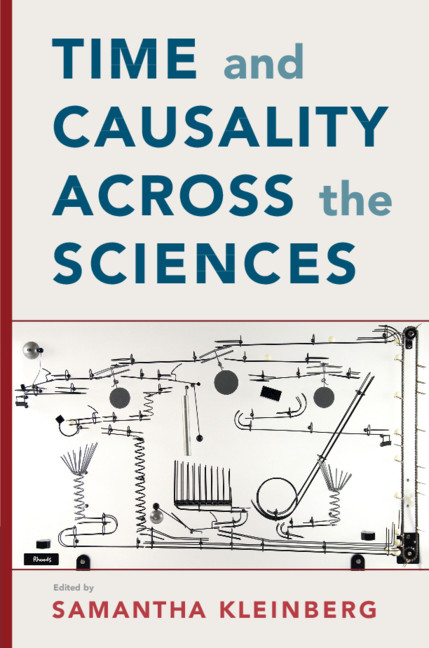

It supposes that random observations in a problem space are not dependent on each other and have a constant probability of occurring. is a term often used in machine learning. “In accordance with this, the majority of current successes of machine learning boil down to large scale pattern recognition on suitably collected independent and identically distributed (i.i.d.) data.” “Machine learning often disregards information that animals use heavily: interventions in the world, domain shifts, temporal structure - by and large, we consider these factors a nuisance and try to engineer them away,” write the authors of the causal representation learning paper. Why do machine learning models fail at generalizing beyond their narrow domains and training data? Independent and identically distributed data This is one of several efforts that aim to explore and solve machine learning’s lack of causality, which can be key to overcoming some of the major challenges the field faces today. In a paper titled “Towards Causal Representation Learning,” researchers at the Max Planck Institute for Intelligent Systems, the Montreal Institute for Learning Algorithms (Mila), and Google Research, discuss the challenges arising from the lack of causal representations in machine learning models and provide directions for creating artificial intelligence systems that can learn causal representations. But they struggle to make simple causal inferences like the ones we just saw in the baseball video above. They can transcribe audio in real-time, label thousands of images and video frames per second, and examine x-ray and MRI scans for cancerous patterns. Machine learning algorithms, especially deep neural networks, are especially good at ferreting out subtle patterns in huge sets of data. But for machine learning algorithms, which have managed to outperform humans in complicated tasks such as go and chess, causality remains a challenge. We learn them at a very early age, without being explicitly instructed by anyone and just by observing the world. So we can have an adequate or statistical causality without strict determinism, which otherwise implies complete predictability of events and only one possible future.Such inferences come to us humans intuitively. And quantum mechanics makes extremely accurate predictions of the probabilities for the different random outcomes. What it does do is introduce events with a statistical cause. Quantum mechanics does not go so far as to say that events have absolutely no causal connection with the events (the distribution of matter and motions) of the immediate past).

The core idea of indeterminism is an event without a cause. Information philosophy shows that all these objections can be removed by admitting a modest form of indeterminism into the world, at the microscopic level of quantum mechanics. Given enough time, all the positions and motions will recur.There is only one possible future, even if unpredictable.There is only one possible future, even if it is unpredictable.The complete predictability of future events is possible in principle ( Laplace's Demon).Some major objections to the causal determinism implied by Newtonian laws of motion are the claim that Now the assumption of deterministic causation underlies most successful scientific theories, with the critical exception of quantum mechanics.

Some even identify causality with the very possibility of logic and reason.įew commentators note that Hume's view that we all have an unshakeable natural belief in causality, despite the impossibility of a logical proof of causality or a successful attack on his logical skepticism.īertrand Russell said "The law of causation, according to which later events can theoretically be predicted by means of earlier events, has often been held to be a priori, a necessity of thought, a category without which science would not be possible." (Russell, External World p.179)

#Causality free#
Adolphe Quételet Jürgen Renn Juan Roederer Jerome Rothstein David Ruelle Tilman Sauerīiosemiotics Free Will Mental Causation James Symposiumĭespite David Hume's critical attack on the logical necessity of causes, which should have made us all skeptics about the logical necessity for causality, many philosophers embrace strict causal determinism strongly.


 0 kommentar(er)
0 kommentar(er)
